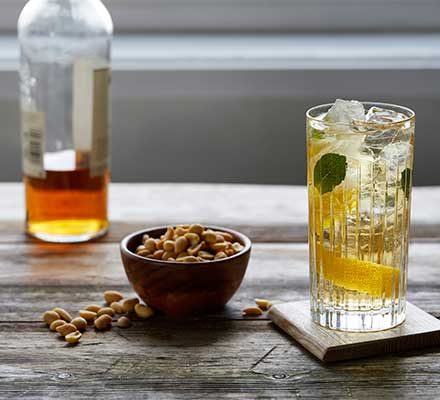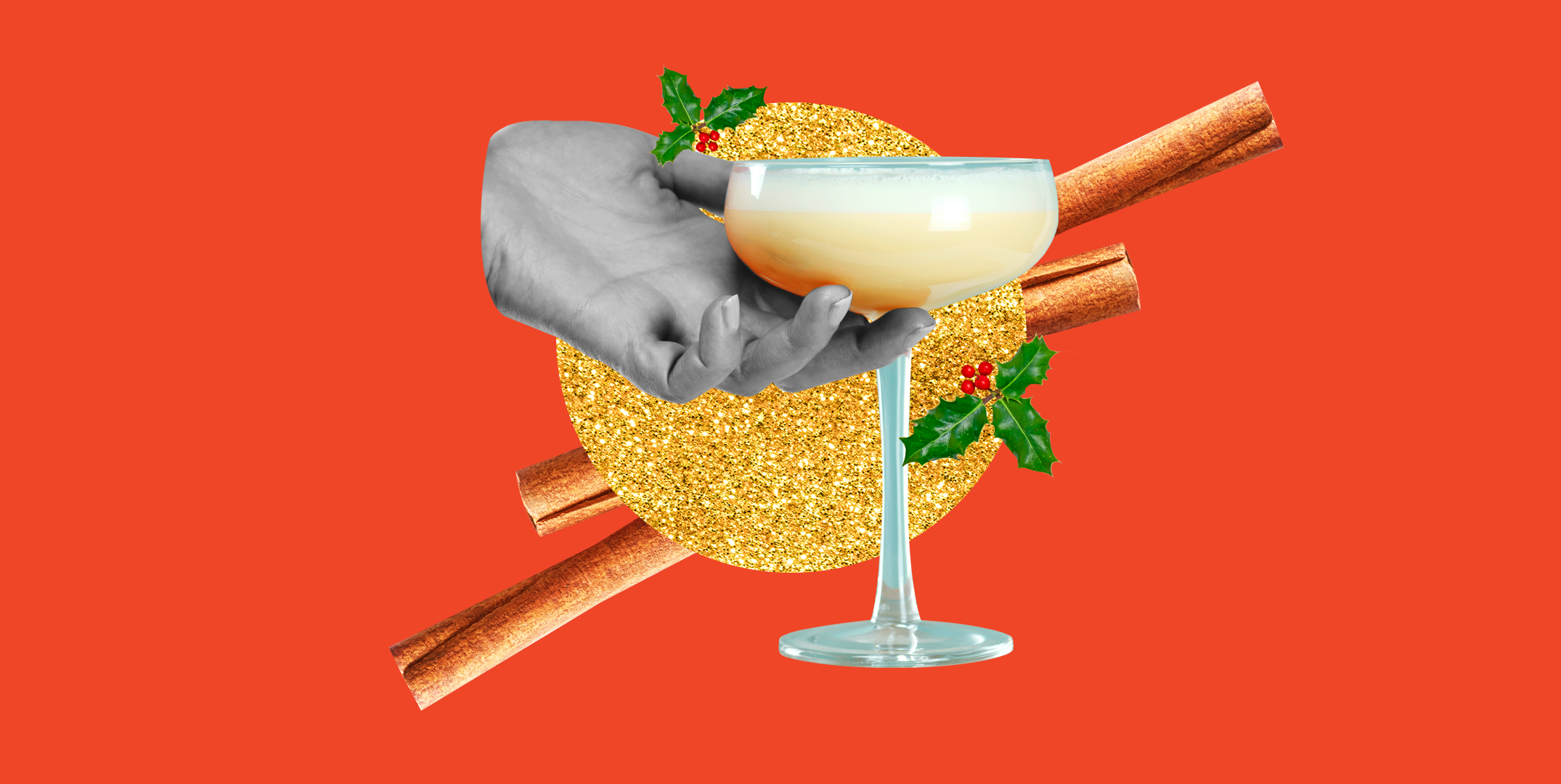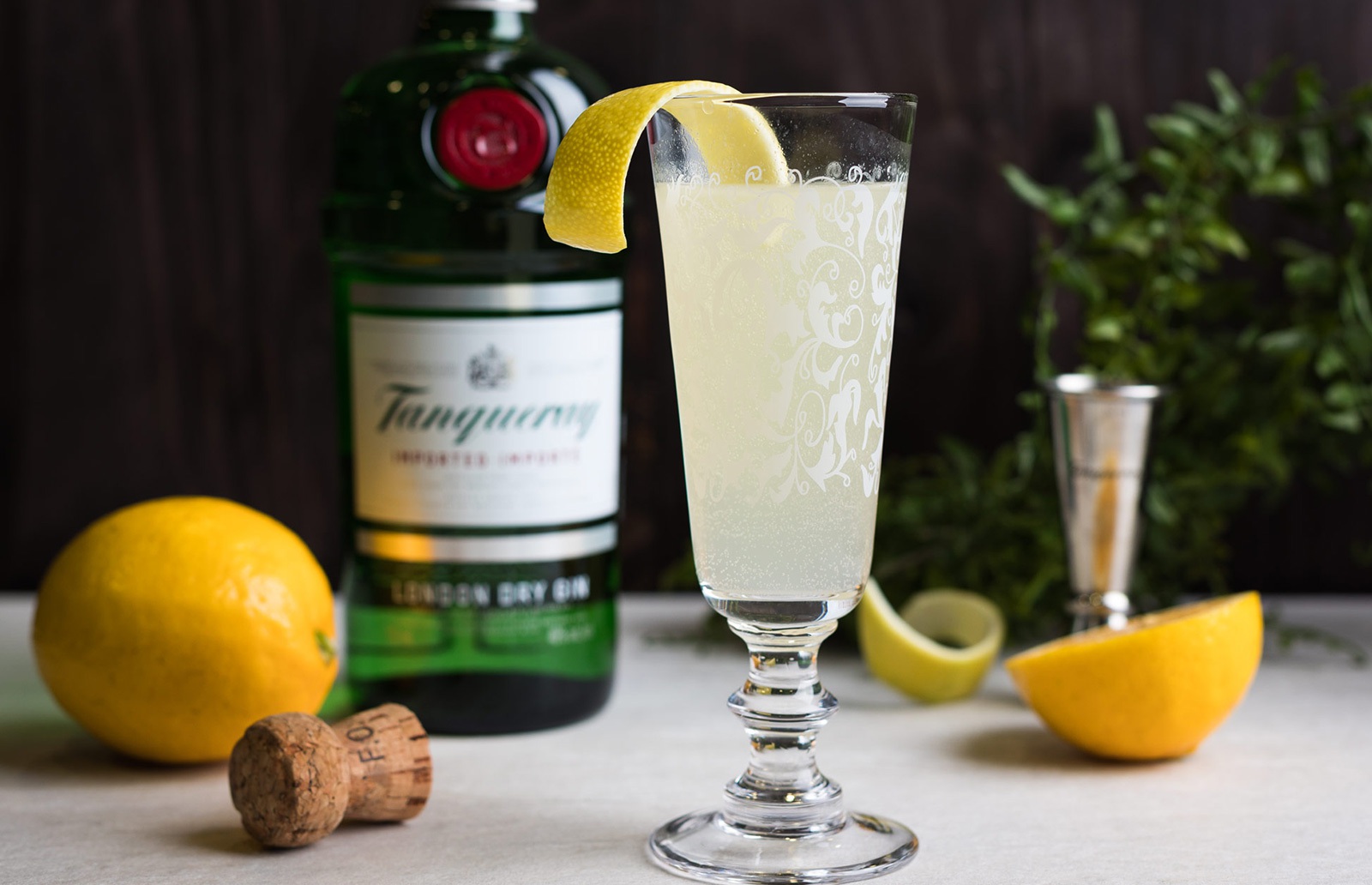
If you want to become a bartender in Indiana, you should know the requirements and process to get your license. Here you will learn about ineligibility, requirements, courses, and cost. After reading this article you will be able to make an educated decision about the licensing process.
Ineligibility
A bartender who is interested in becoming a licensed bartender in Indiana must first receive training and get a bartending licence. These licenses must be obtained by the Indiana Alcohol and Tobacco Commission. The ATC has very specific and thorough laws regarding sale and service. It covers all aspects.
You will need to complete several steps in order to obtain an Indiana bartending certificate. You must first be 21 years of age and have completed a training program. To work in a restaurant, bar, or cafeteria, you will need an employee permit. After being granted an employee permit, you will need to complete the required training within 120-days.

Requirements
You must be over 21 in order to get an Indiana license as a bartender. Also, you must have completed a course in alcohol server training within 120 day of being hired. Most often, this training is provided in-house by the employer. You cannot apply for a license to bartender if your taxes have not been paid.
A license from the Indiana Alcohol and Tobacco Commission is required to open a Indiana bar or restaurant. The license is valid for 3 years and must be renewed. The initial fee is $125, but you can get a discount if you work for free or as a volunteer for the commission. You must keep a copy for future reference once you have received your license.
Courses
In Indiana, bartenders must have the right training before they can begin their careers. There are many options for training. A free online training course is offered by Indiana ATC. Third-party training providers are also approved by the state. After you have successfully completed the training, it is necessary to apply for an employment permit. This permit must be obtained within 120 working days to be eligible to work in a bartending business.
A license is necessary to succeed in the alcohol service sector. The alcohol laws in Indiana are stricter than those in many other states, so aspiring bartenders in Indiana must complete training courses. The courses can be completed online and are relatively inexpensive.

Prices
If you are opening a bar or any other establishment, it is important to obtain the appropriate licenses and adhere to the rules of the state. The state's Alcohol and Tobacco Commission, (ATC), regulates the sale and use of alcohol and tobacco. They require over 15,000 licenses and permits to conduct business operations. Each county's local alcohol boards oversee the licensing process. These laws are enforced in each county by the State Excise Police.
Having a bartending license in Indiana allows you to serve alcohol to customers at a bar, restaurant, or other facility that sells alcohol. This type of license allows you to sell beer, wine, and spirits in on-sale establishments. It permits you to sell alcohol at a set price and is transferable to all locations in the state.
FAQ
What drinks are good together?
Mixing different spirits together can make the perfect cocktail.
The key is to use each spirit in the right amounts to create harmony and balance.
This means that you must know the differences between how each spirit tastes when it is mixed with other spirits.
It is also important to know how these flavors interact, what complements each other and which clash.
Finally, consider the type of drinker that you wish to appeal to.
If you're looking for an easy-drinking cocktail, go for a classic rum and coke.
However, if you're looking for something stronger, you can try a Gin and Tonic.
What is the distinction between a Manhattan Manhattan and a martini cocktail?
To make a martini, you add gin to vermouth. To make a Manhattan, you add whiskey to sweet vermouth. Both drinks can also be served chilled.
What size ice tray do I require?
You will need either a 6x8-inch or 5x7-inch ice tray.
What drinks are recommended for beginners at bars?
The best way to start drinking is by ordering a beer. If you're unsure what kind of beer to order, ask the bartender what they recommend.
A dry white wine is the best choice if you are looking to enjoy wine. For reds, you can choose a lighter-bodied Pinot Noir or Merlot. Cocktails can be made with martinis or margaritas.
If you're unsure of what to order, say so and the bartender will help you.
Do you require any special equipment in order to make cocktails
Not at all. Only a handful of items are required.
-
Glasses
-
Strainer
-
Lid
-
Cocktail shaker
-
Cutting board
-
Knife
-
Measurement cups and spoons
-
Jigger
-
Tongue depressors
-
Stirring sticks
-
Lemon wedge
-
Sugar cube
-
Salt
-
Pepper
-
Ice cubes
-
Ice
-
Water
-
Alcohol
-
Wine
-
Beer
-
Soda Water
Statistics
- If you choose one that's made with 100 percent agave (like Milagro or Sauza), you'll save a ton of money and still get a great-tasting drink. (mashed.com)
- The tequila should be 100 percent agave, not the cheaper “mixto” products, which blend a minimum of 51 percent agave with other sugars. (cooking.nytimes.com)
- According to a post on Quora, the average bartender can make upward of 140 drinks per hour. (gloworder.com)
- with a light percentage of 4.2% or any with a light percentage of 4.2% or any Coors/Bud/Miller Lite, which also is 4.2% (breakingtheboredom.com)
External Links
How To
How to make the perfect Margarita home
A common cocktail is made with tequila, Cointreau (sweet orange liqueur), fresh lime juice and Cointreau (tequila). To enhance the flavor, add salt, sugar bitters and cinnamon sticks.
Here's how to make your own!
Ingredients
-
1/2 cup ice cubes
-
3 oz Tequila Blanco
-
1/4 cup Cointreau
-
Juice of 1 Lime
-
Salt
-
Sugar
-
Cinnamon sticks
-
Chocolate syrup
Method
Combine all ingredients in a shaker. Add ice. Shake vigorously for 10 seconds, then pour into a glass. As an optional garnish, add a slice lime.
This recipe can also be used to create templates for other types alcohols like:
-
Whiskey Sour
-
Daiquiri
-
Manhattan
-
White Russian
-
Brandy Alexanders
-
Gin & Tonics
-
Sidecars
-
Collins
-
Scotch & Soda
-
Margaritas